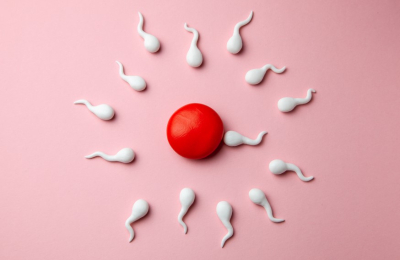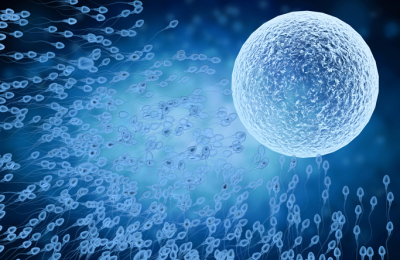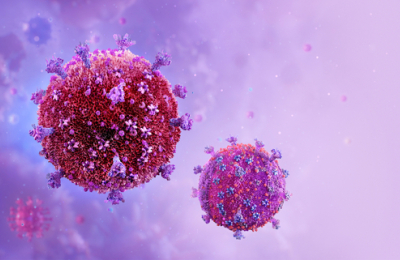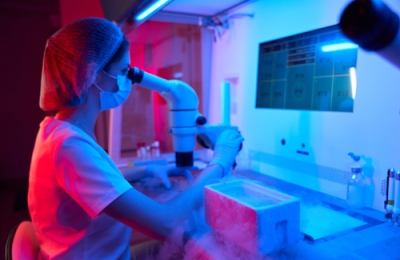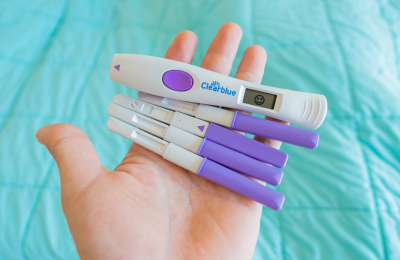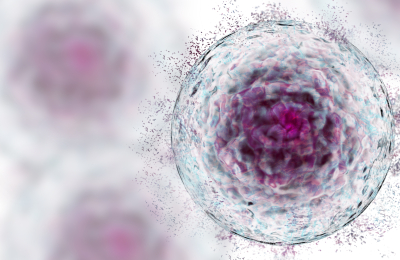Image not found: https://planer.com/~tmsplane/images/mwall/400x260/images/shutterstock_1810154746.jpg
Image not found: https://planer.com/~tmsplane/images/mwall/400x260/images/shutterstock_1810154746.jpg
Image not found: https://planer.com/~tmsplane/images/mwall/400x260/images/shutterstock_144900970.jpg
Image not found: https://planer.com/~tmsplane/images/mwall/400x260/images/shutterstock_144900970.jpg
Image not found: https://planer.com/~tmsplane/images/mwall/400x260/images/shutterstock_2031394838.jpg
Image not found: https://planer.com/~tmsplane/images/mwall/400x260/images/shutterstock_2031394838.jpg
Image not found: https://planer.com/~tmsplane/images/mwall/400x260/images/shutterstock_2022695891.jpg
Image not found: https://planer.com/~tmsplane/images/mwall/400x260/images/shutterstock_2022695891.jpg
Image not found: https://planer.com/~tmsplane/images/mwall/400x260/images/shutterstock_1694508001.jpg
Image not found: https://planer.com/~tmsplane/images/mwall/400x260/images/shutterstock_1694508001.jpg
Image not found: https://planer.com/~tmsplane/images/mwall/400x260/images/shutterstock_1196187574.jpg
Image not found: https://planer.com/~tmsplane/images/mwall/400x260/images/shutterstock_1196187574.jpg
Image not found: https://planer.com/~tmsplane/images/mwall/400x260/images/image-01-teelbalweefseltranslantatie-dec24-bewerkt-14.jpg
Image not found: https://planer.com/~tmsplane/images/mwall/400x260/images/Screenshot_2025-01-14_103731.jpg
Image not found: https://planer.com/~tmsplane/images/mwall/400x260/images/shutterstock_1229814643.jpg
Image not found: https://planer.com/~tmsplane/images/mwall/400x260/images/shutterstock_1229814643.jpg
Image not found: https://planer.com/~tmsplane/images/mwall/400x260/images/shutterstock_1547068151.jpg
Image not found: https://planer.com/~tmsplane/images/mwall/400x260/images/shutterstock_2515977747.jpg
Image not found: https://planer.com/~tmsplane/images/mwall/400x260/images/shutterstock_1039097026.jpg
Image not found: https://planer.com/~tmsplane/images/mwall/400x260/images/shutterstock_1039097026.jpg
Image not found: https://planer.com/~tmsplane/images/mwall/400x260/images/shutterstock_2477946425.jpg
Image not found: https://planer.com/~tmsplane/images/mwall/400x260/images/shutterstock_2287080755.jpg
Image not found: https://planer.com/~tmsplane/images/mwall/400x260/images/shutterstock_1095110015.jpg
Image not found: https://planer.com/~tmsplane/images/mwall/400x260/images/shutterstock_1781565500.jpg
Image not found: https://planer.com/~tmsplane/images/mwall/400x260/images/Screenshot_2024-10-07_145233.jpg
Image not found: https://planer.com/~tmsplane/images/mwall/400x260/images/shutterstock_2498420297.jpg
Image not found: https://planer.com/~tmsplane/images/mwall/400x260/images/shutterstock_1710138580.jpg
Image not found: https://planer.com/~tmsplane/images/mwall/400x260/images/shutterstock_2216234671.jpg
Image not found: https://planer.com/~tmsplane/images/mwall/400x260/images/shutterstock_2399266927.jpg
Image not found: https://planer.com/~tmsplane/images/mwall/400x260/images/transgenic-1.jpg
Image not found: https://planer.com/~tmsplane/images/mwall/400x260/images/shutterstock_2277974817_1.jpg
Image not found: https://planer.com/~tmsplane/images/mwall/400x260/images/Screenshot_2024-07-17_100405.jpg
Image not found: https://planer.com/~tmsplane/images/mwall/400x260/images/Screenshot_2024-07-02_143005.jpg
Image not found: https://planer.com/~tmsplane/images/mwall/400x260/images/Screenshot_2024-06-26_113423.jpg
Image not found: https://planer.com/~tmsplane/images/mwall/400x260/images/brain.jpg
Image not found: https://planer.com/~tmsplane/images/mwall/400x260/images/slideshow-2023-celltek.jpg
Image not found: https://planer.com/~tmsplane/images/mwall/400x260/images/shutterstock_1880243026.jpg
Image not found: https://planer.com/~tmsplane/images/mwall/400x260/images/sperm-ovum.jpg
Image not found: https://planer.com/~tmsplane/images/mwall/400x260/images/sperm-ovum.jpg
Image not found: https://planer.com/~tmsplane/images/mwall/400x260/images/shutterstock_2312058257.jpg
Image not found: https://planer.com/~tmsplane/images/mwall/400x260/images/shutterstock_2174824023.jpg
Image not found: https://planer.com/~tmsplane/images/mwall/400x260/images/shutterstock_1912226668.jpg
Image not found: https://planer.com/~tmsplane/images/mwall/400x260/images/sperm.jpg
Image not found: https://planer.com/~tmsplane/images/mwall/400x260/images/stem-cell-1.jpg
Image not found: https://planer.com/~tmsplane/images/mwall/400x260/images/shutterstock_1524511307.jpg
Image not found: https://planer.com/~tmsplane/images/mwall/400x260/images/shutterstock_1695327934.jpg
Image not found: https://planer.com/~tmsplane/images/mwall/400x260/images/shutterstock_1038935893.jpg
Image not found: https://planer.com/~tmsplane/images/mwall/400x260/images/shutterstock_2360088573.jpg
Image not found: https://planer.com/~tmsplane/images/mwall/400x260/images/rhino.jpg
Image not found: https://planer.com/~tmsplane/images/mwall/400x260/images/blog-august-1.jpg
Image not found: https://planer.com/~tmsplane/images/mwall/400x260/images/shutterstock_1795111738.jpg
Image not found: https://planer.com/~tmsplane/images/mwall/400x260/images/shutterstock_1106986568.jpg
Image not found: https://planer.com/~tmsplane/images/mwall/400x260/images/ivf.jpg
Image not found: https://planer.com/~tmsplane/images/mwall/400x260/images/shutterstock_570666901.jpg
Image not found: https://planer.com/~tmsplane/images/mwall/400x260/images/shutterstock_1754084492.jpg
Image not found: https://planer.com/~tmsplane/images/mwall/400x260/images/shutterstock_2282856349.jpg
Image not found: https://planer.com/~tmsplane/images/mwall/400x260/images/shutterstock_1767347306.jpg
Image not found: https://planer.com/~tmsplane/images/mwall/400x260/images/shutterstock_1081773992.jpg
Image not found: https://planer.com/~tmsplane/images/mwall/400x260/images/dogs.jpg
Image not found: https://planer.com/~tmsplane/images/mwall/400x260/images/shutterstock_1171164097.jpg
Image not found: https://planer.com/~tmsplane/images/mwall/400x260/images/IVF2222.png
Image not found: https://planer.com/~tmsplane/images/mwall/400x260/images/embryo.png
Image not found: https://planer.com/~tmsplane/images/mwall/400x260/images/shutterstock_1706362219_1.jpg
Image not found: https://planer.com/~tmsplane/images/mwall/400x260/images/shutterstock_725199706.jpg
Image not found: https://planer.com/~tmsplane/images/mwall/400x260/images/shutterstock_1099386764.jpg
Image not found: https://planer.com/~tmsplane/images/mwall/400x260/images/shutterstock_626843126.jpg
Image not found: https://planer.com/~tmsplane/images/mwall/400x260/images/shutterstock_2005671863.jpg
Image not found: https://planer.com/~tmsplane/images/mwall/400x260/images/shutterstock_1663345954.jpg
Image not found: https://planer.com/~tmsplane/images/mwall/400x260/images/shutterstock_1825179080.jpg
Image not found: https://planer.com/~tmsplane/images/mwall/400x260/images/ivf-2019.jpg
Image not found: https://planer.com/~tmsplane/images/mwall/400x260/images/shutterstock_2140256779.jpg
Image not found: https://planer.com/~tmsplane/images/mwall/400x260/images/familt.jpg
Image not found: https://planer.com/~tmsplane/images/mwall/400x260/images/shutterstock_7334433372.jpg
Image not found: https://planer.com/~tmsplane/images/mwall/400x260/images/Capture111.jpg
Image not found: https://planer.com/~tmsplane/images/mwall/400x260/images/shutterstock_2125249121.jpg
Image not found: https://planer.com/~tmsplane/images/mwall/400x260/images/shutterstock_2187517503.jpg
Image not found: https://planer.com/~tmsplane/images/mwall/400x260/images/shutterstock_745461742.jpg
Image not found: https://planer.com/~tmsplane/images/mwall/400x260/images/shutterstock_122724106.jpg
Image not found: https://planer.com/~tmsplane/images/mwall/400x260/images/shutterstock_2235597941.jpg
Image not found: https://planer.com/~tmsplane/images/mwall/400x260/images/image.png






















